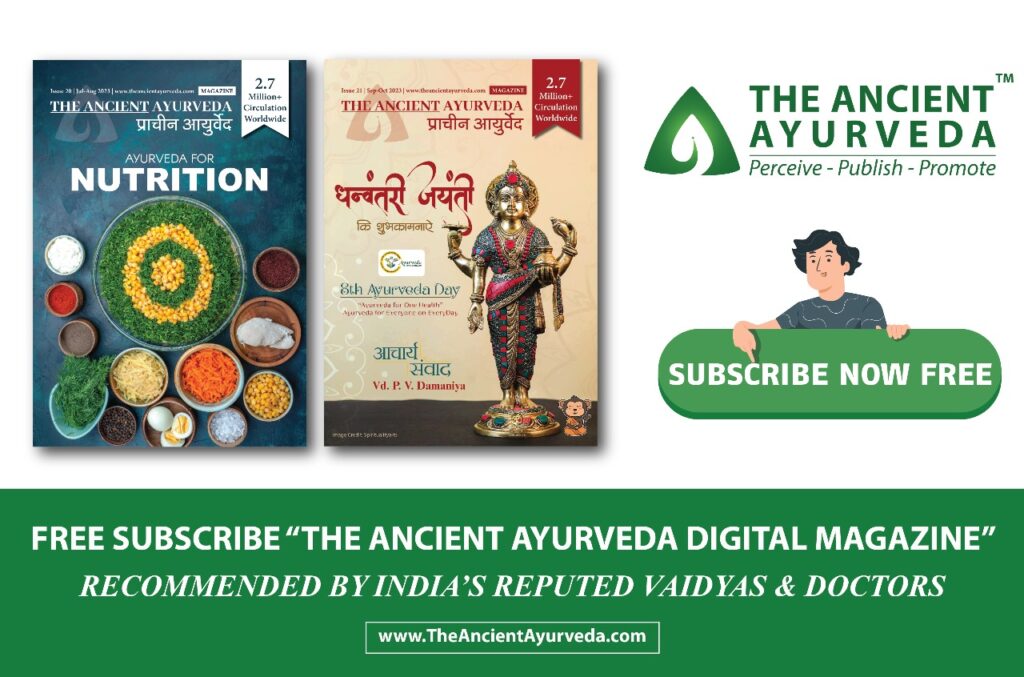In the realm of modern healthcare, the management of high triglycerides (TGL) has traditionally focused on pharmaceutical interventions and dietary guidelines rooted in Western medicine. However, an ancient system of medicine known as Ayurveda offers a unique perspective on health management through a holistic approach that includes diet, lifestyle modifications, and herbal remedies tailored to individual needs. This article explores the concept of **pathyakalpana** in Ayurveda and its relevance in the context of high triglycerides. Understanding High Triglycerides Triglycerides are a type of fat found in the blood and are crucial for energy storage in the body. However, elevated levels…
Dr. Rakesh Shukla
Understanding Ayurveda Ayurveda, often referred to as the “science of life,” is a traditional system of medicine rooted in the Indian subcontinent. With a history spanning over 5,000 years, Ayurveda provides a holistic approach to health, emphasizing the balance between the mind, body, and spirit. It operates on the principle that health and wellness depend on a delicate balance between the three fundamental energies or doshas. Each person has a unique constitution or prakriti, determined by the predominance of these doshas. Yoga, an ancient practice originating from India, has transcended its cultural and geographical boundaries to become a global phenomenon.…
Introduction Drug addiction is a complex and challenging issue that affects millions of individuals worldwide, causing immense suffering and societal harm. While conventional medical approaches often focus on symptom management and behavioral therapies, Ayurveda, the ancient system of holistic medicine from India, offers a unique perspective on addiction treatment. Ayurveda views addiction as a manifestation of imbalances in the body, mind, and spirit, and it addresses these imbalances through personalized treatments that promote healing and recovery. This essay explores the principles of Ayurveda in the context of drug addiction and how it offers a holistic approach to recovery. Understanding Drug…
Every individual gets affected by stress, which is a human reaction. The human body is designed to be able to sense stress and react to it. Stress responses help our body acclimate to unfamiliar situations. Stress cannot be measured objectively by testing. Its presence and intensity are only discernible to the individual who is experiencing them. It frequently causes agitation, dread, exhaustion, and frustration. An individual could experience physical exhaustion, weariness, and an inability to cope. The biological reaction known as stress can be triggered by any intrinsic or external stimuli. Stress, whether physical or emotional, triggers the release of…
Alcohol use, its addiction and the related health effects are a global problem. The World Health Organization (WHO) noted that harmful alcohol use is the third leading risk factor for premature deaths and disabilities in the world. Drinking alcohol is associated with a risk of developing such health problems as alcohol dependence, liver cirrhosis, cancers and injuries. Alcohol addicts once stops alcohol or reduces the amount leads to withdrawal symptoms and sadness dawns with greater amplitude. The focus is therefore on creating more awareness and preventing this menace. There are various treatment methods and medicine used to de-addict the patient.…

